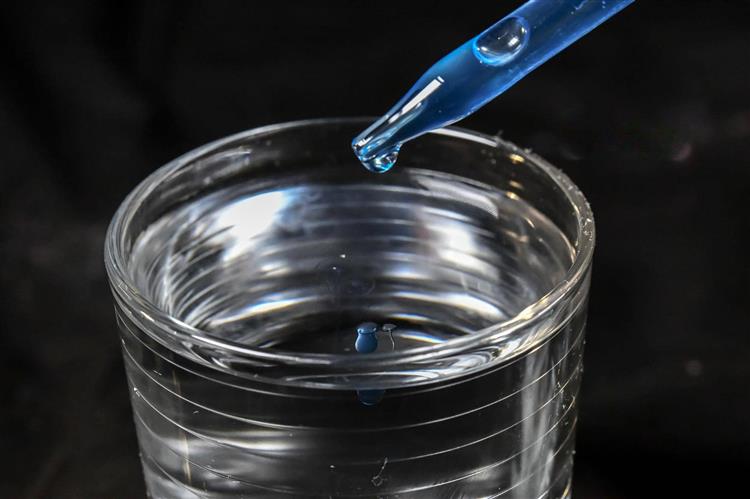
- 06 May 2024
- 1586 Views
Acrylic acid is a commonly used chemical in the cosmetic and skincare industry, known for its role in the formulation of acrylic polymers which are prevalent in many beauty products. While it serves multiple purposes, ranging from improving texture to enhancing product longevity, the safety and effects of acrylic acid on the skin have been subjects of concern. This article delves into what acrylic acid is, its uses in skincare, possible side effects, and overall safety considerations.
What is Acrylic Acid
Acrylic acid (propenoic acid) is an organic compound with a sharp, acrid smell, primarily used in the production of plastics, paints, and various cosmetic products. In skincare, it is often utilized to create polymers that form a film on the skin or hair, providing a protective barrier or aiding in product adherence.
The Role of Acrylic Acid in Skincare Products
In cosmetics, acrylic acid derivatives are used as thickening agents, emulsifiers, and stabilizers. These compounds help in forming pleasing textures and maintaining the stability of a product against temperature changes and other environmental factors. Commonly found in products like moisturizers, sunscreens, and hair gels, these derivatives are valued for their ability to improve product performance and user experience.
Acrylic Acid Solution
Potential Side Effects of Acrylic Acid on the Skin
While acrylic acid itself is rarely found in its pure form in cosmetics, its derivatives may still pose risks, especially for individuals with sensitive skin:
- Irritation and Allergies: Acrylic acid compounds can cause skin irritation and allergic reactions characterized by redness, itching, and swelling.
- Skin Barrier Disruption: Prolonged exposure to acrylic polymers can potentially disrupt the natural barrier of the skin, leading to dryness and compromised skin health.
- Sensitivity to Sunlight: Some formulations containing acrylic acid derivatives might increase the skin’s sensitivity to sunlight, leading to quicker sunburns or photo-damage.
Safety Measures and Regulations of Acrylic Acid
The use of acrylic acid and its derivatives in skincare products is regulated by various health authorities around the world, including the FDA in the United States and the European Chemicals Agency in Europe. These organizations ensure that the concentrations used are safe for consumer use and mandate rigorous testing to prevent harmful effects. Products containing acrylic acid derivatives should always be patch-tested on a small area of skin before regular use, especially by those with sensitive skin.
Alternative Ingredients of Acrylic Acid for Sensitive Skin
For those wary of the effects of synthetic ingredients like acrylic acid, consider these natural or safer synthetic alternatives:
- Natural Polymers: Such as alginate or carrageenan, which are less likely to irritate.
- Hypoallergenic Formulations: Specifically designed to minimize allergic reactions and suitable for sensitive skin types.
Closing Thoughts on Acrylic Acid in Skincare
While acrylic acid derivatives have their place in cosmetic formulations, their potential for causing skin irritation cannot be overlooked. It is crucial for consumers to be informed and cautious, balancing the benefits of product use with an understanding of their own skin's sensitivity.
Acrylic Acid
Alternatives to Acrylic Acid
For those concerned about the potential effects of acrylic acid on the skin, there are several alternatives:
Natural Polymers: Ingredients like xanthan gum or guar gum serve similar functions in products without the risks associated with synthetic polymers.
Safer Synthetic Options: Newer synthetic alternatives, designed to minimize skin irritation and allergies, are also available and can be found in hypoallergenic products.
Conclusion & Buy
Acrylic acid and its derivatives are common in the cosmetic industry, valued for their versatility and efficacy in product formulation. While generally considered safe when used correctly, they can cause adverse effects in some individuals, particularly those with sensitive skin. It's essential to understand your skin's needs and consult with a dermatologist if you experience any adverse reactions.
For those looking to purchase Acrylic acid, our company, Elsapa Alzahbi, offers competitive pricing and reliable delivery services. We ensure that our Acrylic acid meets the highest standards of quality and safety. For more details and to view our product offerings, please visit our Acrylic acid product page.
